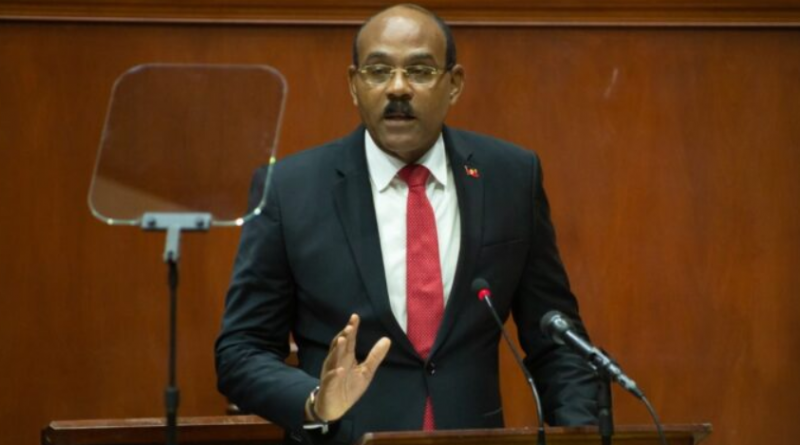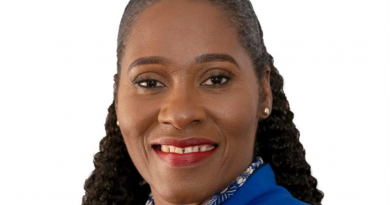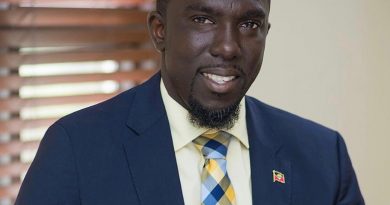Reset of fiscal operations means significant reduction in concessions and 50% cap on duty, Finance Minister announces
A $1.8 billion Appropriations Bill was presented to a joint sitting of Parliament by Finance Minister Gaston Browne on Thursday, March 2. This figure reportedly represents a 12.5 per cent increase over the approved amount for Budget 2022, which was $1.64 billion.
According to Browne, the estimates of revenue and expenditure in the 2023 budget reflect his administration’s intention to “reset” the Government’s fiscal operations to achieve consolidation and resilience.
The Budget Presentation, held under the theme “Reset, Recover, Revitalize,” touched on a number of issues, including taxes. The main takeaway, one resident says, is that those who can afford it will now have to pay their fair share, since the level of concessions granted in the past will now be reduced.
PM Browne notes that the thrust for this fiscal year will be to increase revenue collection and ensure a more efficient management of expenditure.
According to Browne, “Beginning on April 3, [2023], all concessions will be significantly reduced, and the discretionary waiver of duty on imports will be capped at 50 per cent.”
The prime minister reports the recurrent expenditure for 2023 as $1.04 billion; capital expenditure as $161.2 million; and amortization payments as $605.8 million.
Browne says the budget will be funded by total revenue and grants amounting to $1.13 billion – leaving a gap of $676.7 million, which will be raised on the Regional Governments Securities Market (RGSM) and through disbursements from loans and advances.
This year’s budget also includes $62 million for capital receipts and $32.6 million in grant funding.
Wages and salaries for this year will be in the region of $425.9 million; goods and services, $183.5 million; transfers and grants, $163.9 million; statutory contributions, $41.1 million; pensions and gratuities, $74.1 million; and interest payments, $146.5 million.
Allocations to the respective ministries saw the greatest share going to Education, Sports and Creative Industries, which will receive $185 million, while Health, Wellness, Social Transformation and the Environment is to receive $147 million.
Allotments to the other ministries are as follows: the Ministry of Foreign Affairs, Agriculture, Trade and Barbuda Affairs – $50.1 million; the Ministry of Housing, Works, Lands and Urban Renewal – $97.6 million; the Ministry of Tourism, Civil Aviation, Transportation and Investment – $38.3 million; the Attorney-General’s Office and Ministry of Legal Affairs, Public Safety, Immigration and Labour – $106.3 million; and the Ministry of Information Communication Technologies (ICTs), Utilities and Energy, $15.3 million.
Browne says the allocation for the Office of the Prime Minister amounts to $36.7 million, while that of the Ministry of Finance, Corporate Governance and Public Private Partnerships is $121.1 million.
According to PM Browne, the capital expenditure budget – $161.2 million – is geared towards a continuing programme of strengthening and expanding the country’s physical infrastructure.
In this regard, spending on road works is expected to be $74.8 million, while $12.9 million is assigned for major repairs and the maintenance and outfitting of government buildings, Browne says.




